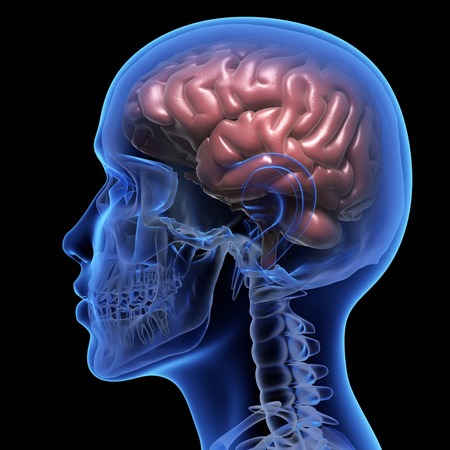Mindfulness
What is Mindfulness Therapy?
Mindfulness, from a therapeutic, secular perspective is a conscious awareness of our present moment. This includes openness and non-judgment about the experience. It is often coupled with other types of therapy, such as Cognitive-based Therapy (CBT), Dialectical Behavior Therapy (DBT), or Acceptance and Commitment Therapy (ACT).
Mindfulness therapy is not concerned with relaxation, though that might be a result of certain practices. The focus is on increasing our awareness of the thoughts, feelings, and actions that hinder our progress. When we are better able to do that, we can engage with those aspects of ourselves, learn to tweak our language, and choose how to respond.
Research and Studies on its Effectiveness
Most research centers around two specific types of mindfulness training. The first is mindfulness-based stress reduction (MBSR) pioneered by Jon Kabat-Zinn. The second is mindfulness-based cognitive therapy (MBCT). John Teasdale, Zindek Segal, and Mark Williams — all therapists — created MBCT.
MBCT originated from cognitive therapy, and it includes techniques such as mindfulness meditation, yoga, and other inward-focused activities. You can read more about these therapeutic techniques later in this article.
Collectively, therapies employing mindfulness have the name mindfulness-based interventions or MBIs. The research outlined below sought to determine the effectiveness of various types; however, MBSR and MBCT still receive the most attention. What follows in this section, and later in this article, are several outcomes you can, or cannot, expect from utilizing some form of MBIs.
Kuyken and colleagues (2015) asserted that MBCT is an effective and cost-effective method for treating and preventing relapse in depressive patients. In their randomly controlled study, they compared two groups: the first received maintenance antidepressants, and the second MBCT-TS (tapered support). The trial continued for 24 months.
Sometimes research findings do not support the hypothesis. That was the case for Kuyken and his fellow researchers. They found that “cost-effectiveness analysis does not support the hypothesis that MBCT-TS is more cost-effective than maintenance antidepressants, in terms of either relapse or recurrence.” They did, however, state that the two treatments provide positive outcomes that last. Since this is the case, they recommended continued study, and that MBCT could be useful for high-risk patients.
Good mindfulness-awareness practices (MAP) programs can reduce perceived stress in urban communities. Researchers Galla et al. (2015) implemented the Mindful Awareness Practices for Daily Living 1 for 127 residents (mostly Caucasian and female). Their findings support that MAPs offer “a promising approach for general public health promotion.” The UCLA MAPs program, which was their model, includes the following:
- Overview of Mindfulness
- Mindfulness of the Body
- Obstacles to Mindfulness
- Mindfulness to help with Physical Pain
- Working with Difficult Emotions
- Cultivating Positive Emotions
- Working with Difficult Thoughts
- Mindful Interactions
Students also learn a variety of practices. Some are:
- sitting meditation
- standing meditation
- practices to develop positive emotions; and,
- relational mindfulness
For more information on Mindfulness Therapy or other Texas Care treatment services, feel free to call 1-88-98TODAY and an Intake Coordinator will be happy to take your call and direct you to the appropriate department. Visit our FAQ page for more information on how Telehealth, Telemedicine, and TeleBehavioral Health can work for you.















